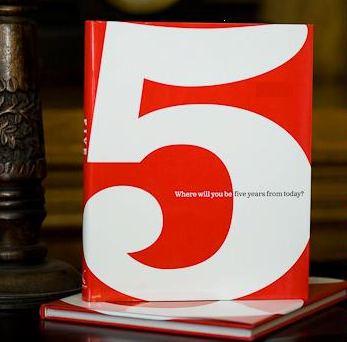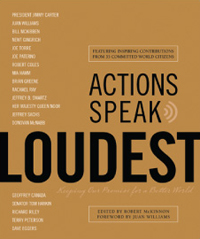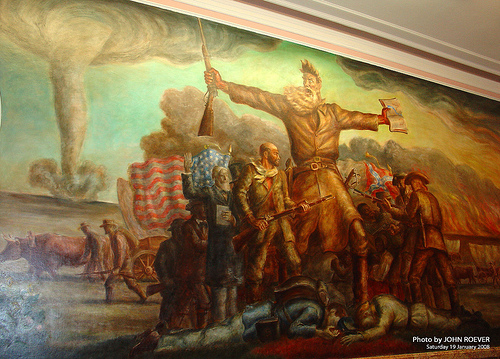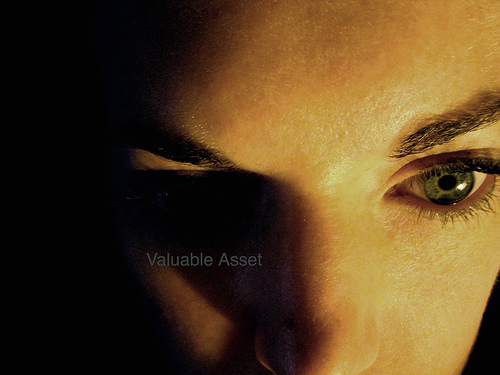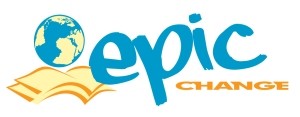 Ideas are born everyday–big ideas, little ideas, ideas born from one person and ideas born through thought and application. What makes one idea stand out from another and what makes the idea stick, gain traction and create a movement? Here are six words to help make ideas scale:
Ideas are born everyday–big ideas, little ideas, ideas born from one person and ideas born through thought and application. What makes one idea stand out from another and what makes the idea stick, gain traction and create a movement? Here are six words to help make ideas scale:
1. Fire: Someone recently offered me some good advice. The said the key to “success” was to always know your end goal. The more you fuel this goal, the more you’ll believe in it and the more you’ll believe in yourself. A blogger I truly admire has been chewing on this lately, and you may relate–I know I did. For me, it’s not just a case of knowing my end goal, but knowing why that’s my end goal. To me, the why over rides the what and is what will drive success. We all have goals–but why do you have them? That is the tougher question, and that is what will get you through the droughts.
2. Simplify: Life is complicated enough–people don’t need more complication. Identify ideas that simplify tasks (without the use of a 30-slide power point to explain it). Identify ideas that are focused. Here’s a sign that you have overcomplicated your idea: You experience paralysis by analysis. This is a problem for tenant number 2–because it stops you from executing.
3. Stop: We’ve heard of growing pains. There will come times that you may need to stop. This could mean that you need to simplify the juggling act. Or, it may mean that you stop a product line or stop the way you do something and find a new way. It could mean that you need to stop starting new ideas–and re-focus back on the original idea. As, if we keep starting new ideas all the time–then we aren’t committing to what our end goal is and are spreading the fire too thin.
4. Execution: My mom always told me, “Don’t try. Do.” Take two seconds and reflect on what you’ve been doing and what you want to be doing. Do you see how much “trying” sneaks up on us? Chris Brogan recently wrote about this in his e-newsletter as well. For those that want to do, we need to eliminate try. Those that make ideas become realizations, just do it. There might be success and there may be failure. But they did it. They learned, and they keep on doing.
5. Build: There are an infinite number of ideas right? Well, there are perhaps just as many people coming up with those ideas. You see–lots of people are “ideas people.” Everyone seems to have the next big idea or the next big thing. Repeat this to yourself: Being an ideas person does not make you different and will not bring success. If anything, this means you need to connect with more builders. Builders are people that have vision while also being able to plan and make it happen. Builders are the people that fill in the gaps, aren’t afraid of getting messy, and are resourceful.
6. Contagious: Be contagious–in your thinking, speaking, doing and giving. It’s important to note that being contagious happens naturally–it’s not forced. You and your idea can also be contagious without you knowing it–at any time of the day. So be on the lookout for opportunity, for fellow builders, and fuel for the fire, you never know what might happen. As Seth Godin says, “Great ideas aren’t anointed, they spread through a groundswell of support.”
Bonus Track: These aren’t rules, but they are guidelines. If you like rules, then check out Seth Godin’s post “Rules for Ideas Worth Spreading.” My fav: “Don’t poll your friends. It’s your art, not an election.” Or, check out the book “Made to Stick” to learn some more words to help your ideas spread. Now, go build your fire.
What words help you focus and make ideas scale?
flickr credit: maniwa_pa
